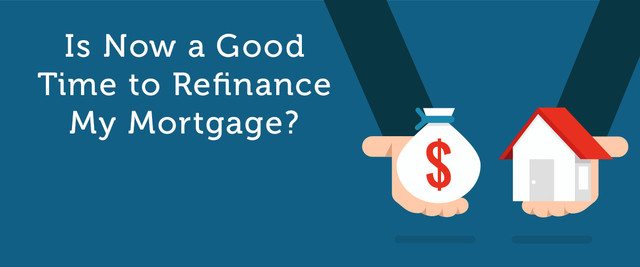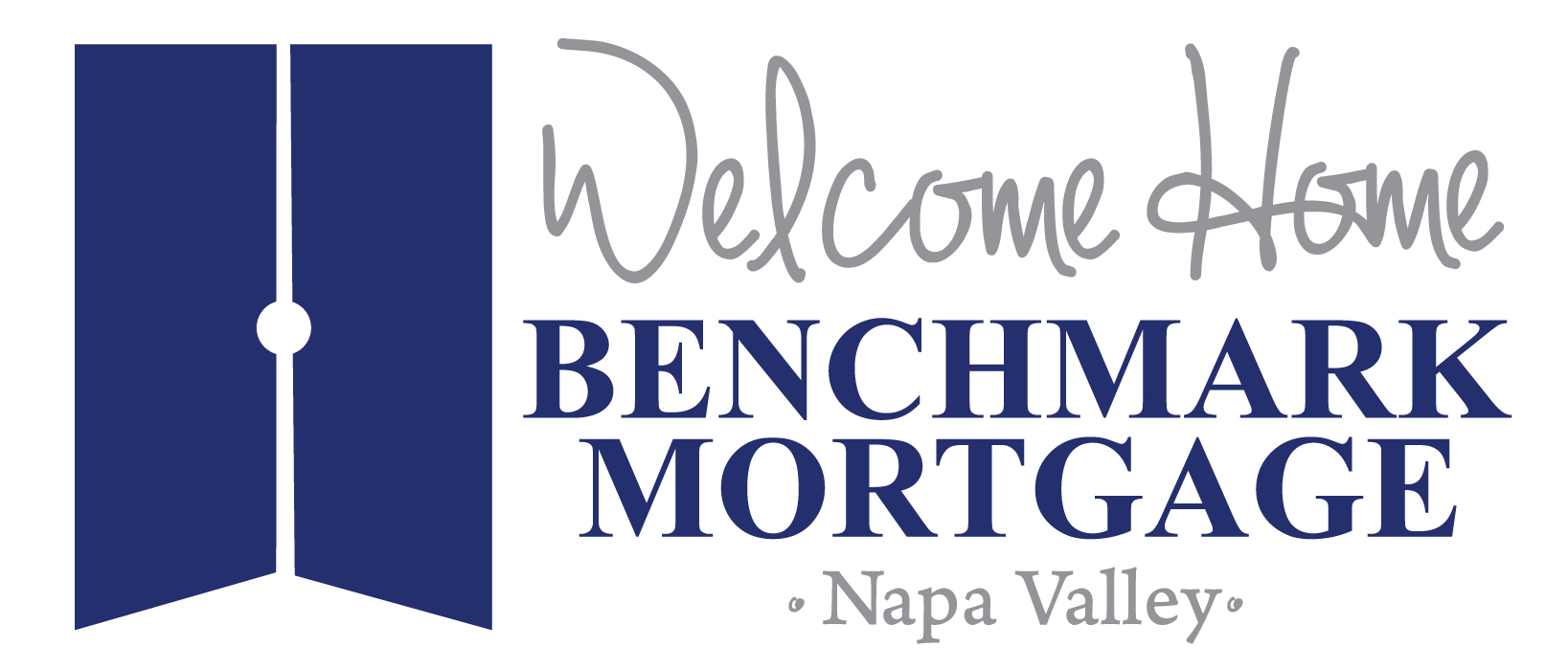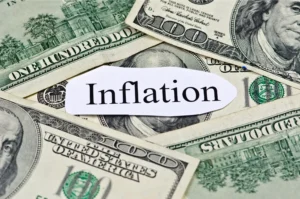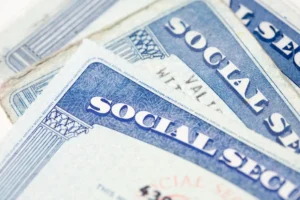
If you’ve had a mortgage for any length of time, you may have thought about refinancing it. After all, the TV and internet commercials touting the benefits of doing a mortgage refinance are plentiful. They claim you can do everything from save money and pay off your mortgage faster to use the equity in your home to consolidate debt and embark on that dream vacation. But is refinancing right for you?
As with anything in life, refinancing a mortgage has both pros and cons. Since refinancing costs money (on average 3% to 6% of the loan) and requires such things as an appraisal, title search, and application fees, you need to be refinancing for the right reasons. Following are some of the top reasons why you may want to refinance your mortgage.
Reason #1: You Can Get a Lower Interest Rate
Perhaps you purchased your home when mortgage interest rates were higher overall. Or maybe when you bought your home, your credit score was lower than it is today. There are many reasons why you may have a higher interest rate than what’s currently being offered. If you can save 1% to 2% on your mortgage interest rate by refinancing, it may be worth the effort.
When you reduce the interest rate on your mortgage, you increase the rate at which you build equity in your home. Additionally, your monthly payment will be lower. For example, if you have a 30-year, $250,000 mortgage at a 6.5% interest rate, your monthly payment would be approximately $1,580. Reduce that mortgage rate to 4.5% and your monthly payment would go down to $1,267. Over the course of a year, that’s a savings of nearly $4,000.
Reason #2: You Can Shorten Your Loan Term
If you’re comfortable with your current mortgage payment, you may think refinancing has no benefit for you. But what if you could pay the same amount you currently do each month yet shave years off your repayment time? Refinancing may be able to help you.
For example, let’s revisit the earlier example of a 30-year, $250,000 mortgage with a 6.5% interest rate and a monthly payment of $1,580. If you refinance to a 4.5% rate and shorten the loan term to 20 years, your payment is $1,582. So, for essentially the same amount of money paid each month, you could pay off your mortgage 10 years sooner. Over the course of the entire mortgage period, that can save you approximately $190,000 in interest.
Reason #3: You Can Get More Favorable Terms
When buying their home, some people opt for an adjustable rate mortgage or a mortgage with a balloon payment due. These are often attractive due to their initial low payments. But when their mortgage payments start creeping up, or when the due date for that balloon payment gets closer, refinancing to a fixed rate mortgage may be the best option. Even if you do have a fixed rate mortgage, look closely at all the terms you agreed to, including pre-payment penalties, whether you can make partial payments, late fees you agreed to, etc. If refinancing can give you more favorable terms in other areas, it may be a worthwhile option.
Reason #4: You Can Consolidate Debt
Credit card debt can quickly ruin any budget. High interest credit card debt is easy to accumulate, and once you fall into the cycle of carrying a balance, it can be difficult to break free. And with the average credit card interest rate at around 15.96%, it’s easy to see how expensive this type of debt can be.
If you have enough equity in your home, you could refinance and cash out the equity to pay off your higher interest rate debt. This can then lower the amount you pay to your creditors each month. And instead of writing out multiple checks each month, you’ll only have one payment to make. They key, though, is to make sure you don’t fall back into bad habits and run up credit card debt again. Additionally, refinancing your home mortgage so you can take a vacation, buy an expensive car, or do anything else frivolous or non-essential is never recommended.
Reason #5: You Can Make Home Improvements
If your home is older and in need of repairs or updates, but you don’t have the financial resources required for the renovations, refinancing may be a good option. Rather than run up credit card debt or totally deplete your savings, you can tap into your home’s equity to enhance your home.
One benefit is that by making the repairs or updates you’ll be adding value to your home. So if your plan is to sell the home in a few years, you’ll often get a good return on the investment. And if your plan is to stay in your home long-term, you’ll have a more livable space that warrants your mortgage payment.
Is Refinancing Right for You?
Of course, before you refinance your mortgage, you need to know what your goals are and why you’re doing it. Are you hoping to lesson your monthly payment obligation? Do you want to shorten your loan term? Do you need cash for some reason? And most important, how long do you plan to stay in your current home?
While refinancing is often easier than getting the initial mortgage, there are still many steps involved and costs associated with it. Only you can be sure the time, effort, and money involved are worth it in the end.
If you do decide that refinancing is right for you, shop around for an experienced mortgage banker who can help. You want someone who understands your goals and can direct you to the best products that enable you to meet them. By working together with your mortgage banker, your mortgage refinancing process will be faster and easier than you thought possible.
When you’re ready to apply for a mortgage or refinance an existing one, contact us at 707-254-8891 or [email protected]. We can also direct you to the perfect real estate agent to help you.
Have Questions, Reach out to me for more information.
Call me at (707) 254-8891
Hilda Hensley Branch Manager – Mortgage Advisor
NMLS id 280206
Benchmark Mortgage
Ark-La-Tex Financial Services, LLC NMLS id 2143



